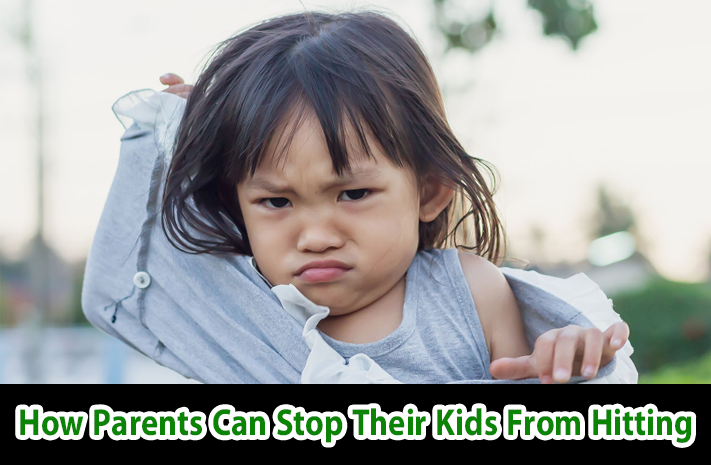How To Stop A Child From Hitting?
Here are some behavioral management strategies that could be helpful in preventing a child from hitting:
1.Act early:Observing your child’s behavior can be helpful to act early. Intervene when you think your child is about to hit someone .
2. Tell it is not okay to hit:Telling them that hitting someone is not good and talking about it beforehand will help them anticipate how they’ll feel. This way, they will understand when things don’t go as planned. You can also show them “gentle touch”, especially to a young child who cannot understand.
3. Plan one-on-one time:This helps build a positive child-parent relationship where a child gets comfortable talking to you about their problem .
4.Establish rules:Consider teaching household rules, such as respecting others and not allowing physical violence or abuse (biting, kicking, hitting) at home to help deter such behavior .
5. Use consequences to enforce rules:Using some methods to educate your child on the consequences of their actions can reinforce responsibility and nurture good behavior. For instance, if your child continues to hit, taking away their privileges (end of playtime) can provide them with a warning and an opportunity to change their behavior. On the other hand, praising positive behavior, appreciating and rewarding children for their good behavior will further encourage them .
6. Responding at the moment:Behavior experts suggest that if a child is hitting and throwing tantrums for a specific reason or thing, remaining calm and refraining from giving it will teach a child that such behavior is not acceptable . If the child is older, the parent may have to physically restrain the child by holding them but without hurting them.�Sharing his methods of dealing with such a situation, Tom Hobson, a preschool teacher with 20 years of experience, says, “I’ve found that a gentle arm around the waist usually works, but will firmly hold an arm if a child is trying to get away.
7. Welcome the meltdown:Do not try to reason with a child when they are upset or angry. Try to empathize with them and acknowledge their feelings and validate their reasoning. You can talk and reason with them once their anger subsides .
8. Using alternative behaviors: When your child is about to hit someone, you can dissuade your youngster or communicate with them to teach them alternative ways to resolve their conflicts .
9. Do not beat your child:Hitting and scolding the child will encourage them to use aggressive behavior. Toddlers and young children mimic an elder’s actions and behaviors .
Hobson adds, “There are many (parents) who don’t consider the process complete without a formal apology. I won’t go into why I’m not a fan of the artificial adult-sponsored “I’m sorry.” An apology that is offered merely out of social convention, rather than out of genuine remorse, just doesn’t sit well with me.”




